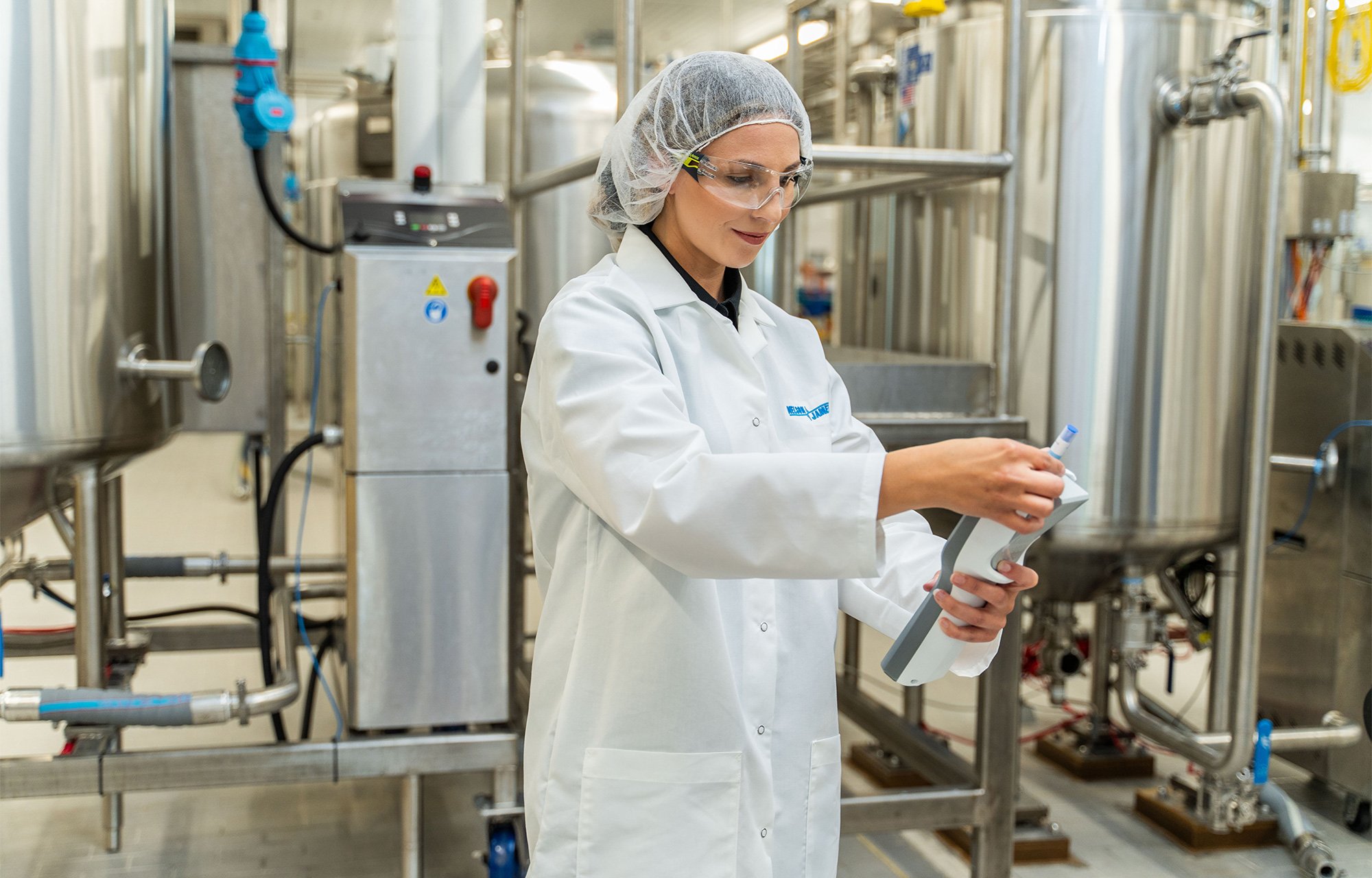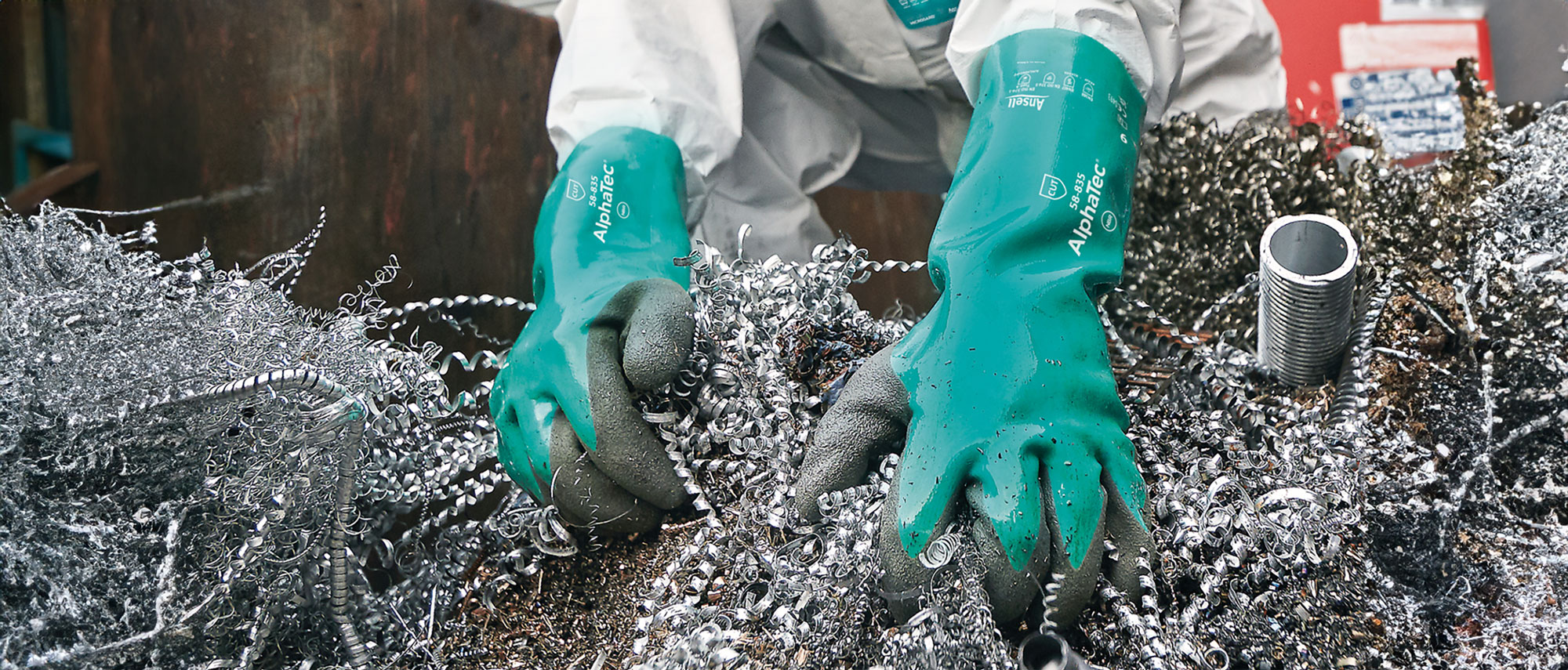
Innovative sensors can provide solutions and drive progress as evident in the value of in-line turbidity sensors and meters for accurate process control. These advanced tools are designed for real-time monitoring, allowing you to optimize your processes for product differentiation, phase transitions, and crucial quality control in the food and beverage sectors.
Turbidity sensors provide continuous insights into your liquid processes. They work by measuring the cloudiness or haziness of a liquid, which can indicate the presence of suspended particles. This seemingly simple measurement unlocks a wealth of possibilities for improving your operations:
Nelson-Jameson offers a range of in-line turbidity sensors, such as the ITM series, utilizing advanced measurement methods to suit various turbidity levels, from very low to very high. These sensors are designed for hygienic applications and meet stringent international standards for food processing equipment. They are built with durable materials like stainless steel and sapphire optics to withstand the demands of your production environment.
Discover the amazing benefits and the wide-ranging applications of turbidity control today.

Discover the benefits and wide-ranging applications by optimizing your production process (even retrospectively) with turbidity measurement to:
Applications for turbidity control in dairy, beer, wine, juice, and other food and beverage production:
Contact us to talk with an expert and schedule an on-site demo so you can avoid product loss, automate processes, reduce production times, monitor product quality, and control CIP efficiency. And click here to get more resources on ROI, product documentation, success stories, and videos.

February 11, 2026
There is a critical link between worker safety and food safety, and nowhere is this more apparent than w...

February 3, 2026
Ensuring the safety and quality of dairy products requires a robust framework combining rigorous testing...

January 12, 2026
Gloves can force a choice between comfort and protection. But compliance, efficiency in usage, and worke...